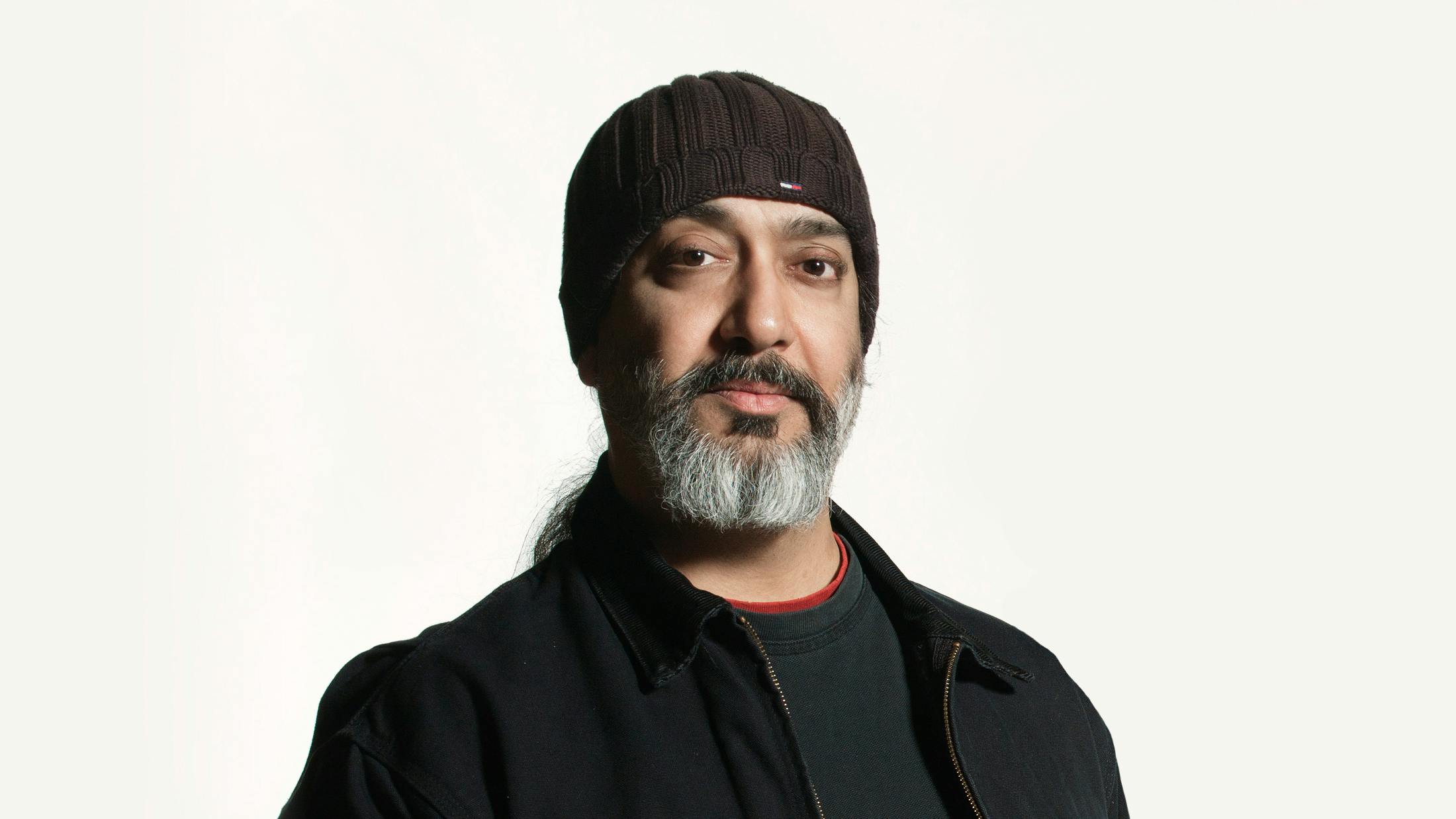What was it like playing Soundgarden songs onstage again at the I Am The Highway show?
“The best thing about it was playing those songs again with Matt and Ben, and the next best thing was having our friends and guests join us. The rest was a little bit uncomfortable. It was sort of a clusterfuck. It was picking at an open wound, emotionally, and nobody was that thrilled to do it. We were thrilled to play the songs for our audience, and to play with each other onstage. The takeaway was the band being together with our family, crew and friends. To see that family together again was love. Everyone was happy and teary-eyed. It was the Soundgarden family together, doing what Soundgarden does and honouring and missing our beloved, departed member. That was important. The rest of it – the celebrity nature, promotion and focus was bullshit. And we knew it was bullshit going into it. We did it for each other, to support Chris’ legacy. There was something awkward and un-intimate about it. It’s hard for me to wrap my head around it, but I’m glad we did it for our friends and family.”
Since Chris’ passing, have you been writing any new songs?
“On the MC5 tour, during soundcheck and rehearsal, I would write and jam with Brendan Canty [drummer, Fugazi] and Marcus [Durant, Zen Guerrilla vocalist] and the other guys, Wayne [Kramer, MC5 guitarist] and Billy [Gould, Faith No More bassist]. There is more inspiration being in that situation and getting new insight into my approach to guitar and coming up with other ideas. Some of them have gotten better and I’ve written them down in some fashion. I’m definitely picking up a muse or two. There’ll definitely be something in the future.”
It’s difficult to comprehend what you must have all been through in the past couple of years…
“I know what you’re saying. I think all of us are trying to find our feet. Matt still has his presence in Pearl Jam so he’s kept himself writing and recording, which is good. I’m just trying to come back down and get back on Earth. Actually, I don’t know if Earth is the proper place to do my writing (laughs). We will definitely find our feet, move forward and do some original stuff again. Hopefully, I’ll do stuff with Matt and Ben.”
A lot of people are wondering if we’ll ever hear the follow-up to King Animal that you were working on, too…
“When Soundgarden ended, prior to that last tour, we had spent a year writing, on-and-off in-between Pearl Jam gigs and Chris’ solo tours. We had written and demoed over half a dozen complete songs, and we probably had another half a dozen in development. We could probably finish them – it would require me, Matt and Ben to get the vocal performances that Chris recorded and play along with it to finish the songs. We can do that and sometime in the future we will do that. At this point, we don’t have possession of those work tapes. There’s a lot of loose ends there, stuff that I would love to do with Matt and Ben. There’s some stuff I’d like to find out if Chris had written lyrics for. We don’t know yet.”
If you were to write the tale of your life so far, what would the moral of the story be?
“God… Well, sometimes I might understand my life as somehow being scripted, not unlike the comic books I used to read when I was growing up. Those superlatives, behaviours and relationships which only seem to exist in the fictitious universe of comic books? They do exist, apparently.”
So what’s the moral we arrive at?
“That I’m not writing this (laughs)! I thought I was writing it, but I’m not.”
